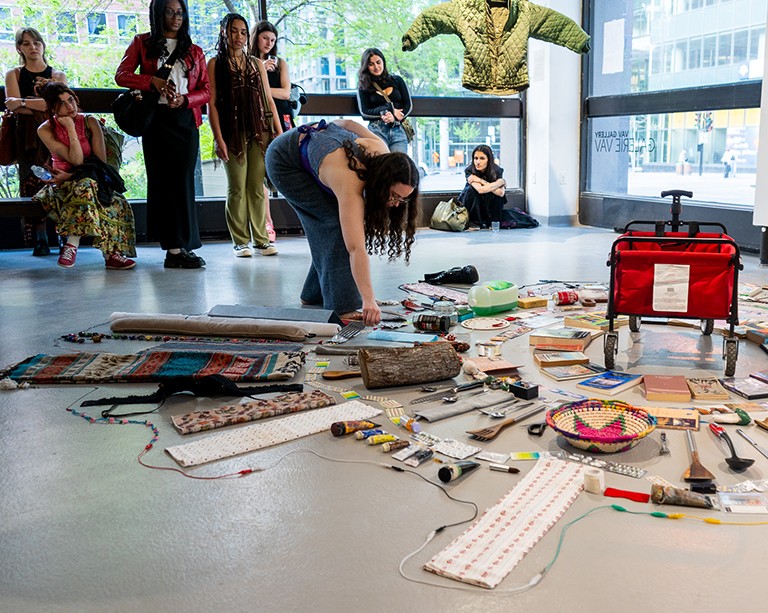Your first-year tip for September: network with professors!

First off, what exactly is networking?
The same way a computer network connects us to others, networking with professors is a valuable way to connect with people in a particular field of study or interest, and it also enhances your experience as a student.
Is it about them knowing your name?
Of course, it's very important for your professors to know you by name, no matter how big or small the class is, and for you to remember theirs. But building a connection also includes your professor knowing your educational strengths, weaknesses, goals, interests and expectations for the class.
Knowing your professor means having an understanding of their expectations of you in their course and learning about their field of study.
Why should you bother networking with your professors?
- Being acquainted with your professors means you will be more comfortable participating in class discussions, visiting them during office hours and being more engaged in your courses, which increases your academic success.
- It could lead you to find out about opportunities as a teaching assistant, a research assistant and other job or internship opportunities within or outside of school.
- There may come a time when you will need a reference letter — say, for example, if you apply to grad school, or you're applying for an award or scholarship. If they don't really know you, most professors will either say no or write a generic letter. So, it's a good idea to get to know your professors before asking them for a letter.
Here are some tips to help you build relationships:
- The idea of starting a conversation with a professor is a challenge for most students. But it can be as simple as walking up to them before or after class and introducing yourself — ideally on the first day, but it’s never too late to break the ice.
- Address them by their appropriate title and name. If you're unsure what to call them, simply ask. You never want to start off on the wrong foot.
- Sit up front. It's important that you're where they can see you.
- Participate in class discussions and ask questions.
- When sending an email, be polite, formal and don’t forget to thank them for replying. A lot of students do forget and, if you express your appreciation, it will definitely make you stand out.
Here are some other ways to network at Concordia:
- Get to know your peers. As students, we often have access to information that professors do not. By simply saying hello and introducing yourself, you may benefit by getting a volunteer or job opportunity.
- Volunteer in the multiple university services or departments available.
- Join student associations and groups.
- Make connections via your faculty’s social media platforms.
- Attend campus events.
- Get a campus job.
Got a question? You can reach the Welcome Crew by phone, by email or on Facebook!
EDITOR'S NOTE: Former Welcome Crew mentor Adelaide Buadu contributed to this article.


